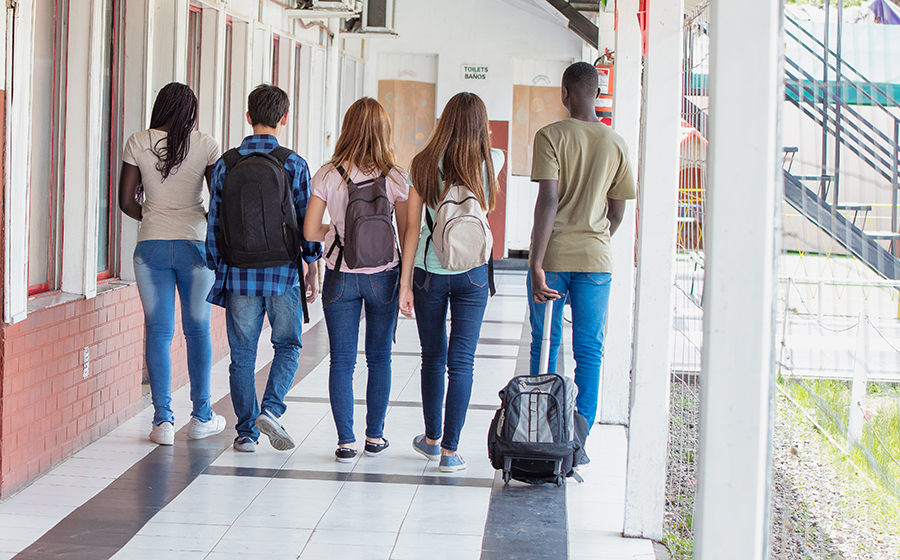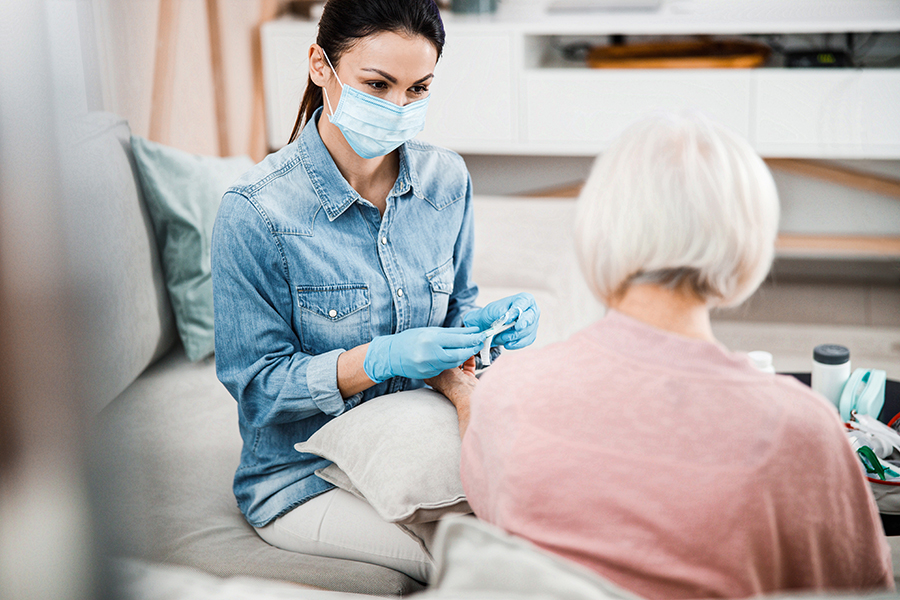Lots has happened since the end of summer only a few days ago. Schools, sporting events, gyms and restaurants have all moved into reopening phases…and many have promptly shut back down in the face of a surge of new cases. This has been happening all over the world, not just in the United States. Entire countries are locking down to try to get these new outbreaks back under control.
This time it’s young people who are getting sick. There are fewer serious cases involving hospitalization and long-term residual harm among younger patients, but it’s not out of the question. Kids are naturally drawn to riskier behavior and less likely to tolerate masks and physical distancing, and these traits have consequences for their teachers, healthcare workers, and older family members and friends.

Public health officials are bracing themselves for the possibility that these younger sick patients may be a new group of “superspreaders,” leading to increased risk for the elderly who may have counted on staying home for safety.
Case in point: in one notorious case last month, contact tracers connected nearly 150 cases of coronavirus—and three deaths—to one wedding in Maine.
The sad part is that the majority of those affected—including county jail inmates and nursing home patients, and all of those who died—didn’t attend the event. They were unfortunate victims of other people’s carelessness and lack of regard for their community’s safety.
So how do long-term care providers and long-term care patients protect themselves?
Isolate and Educate—and Vaccinate
Solutions to protect the most vulnerable are well-established. It’s a matter of continuing best practices for protecting elderly and vulnerable populations:
- Maintain physical distancing and minimize exposure. Yes, it’s tiresome…but this is an ongoing need for the highest-risk groups. Continue to use contactless delivery of essentials, avoid closed-in spaces with limited ventilation, sanitize every surface, and wash your hands after every contact with public spaces and objects.
- Masks work! What a shame that mask wearing has become a politically controversial issue. It doesn’t have to be that way—especially today, when many former opponents of mask wearing have changed their stance on the matter.
Masks are now available in many styles and materials, from those inexpensive paper masks to fitted cloth masks that prioritize your comfort and fancy, custom-made fashion statements. Support your local team, your favorite presidential candidate, or your social issue of the day with a stylish fitted mask—they’re available everywhere, in stores and online, at reasonable
prices.

- Get your news from reliable sources. Facebook is NOT your friend. Opinion shows are selling advertising space, NOT looking out for your best interests. Your friends are NOT reliable sources of medical advice.
Listen to your health providers, national health officials, and your local government representatives—in that order—for the latest news and sound, actionable advice. - Vaccinate? Yes! But we’re not talking about the coronavirus vaccine—not just yet. That won’t likely be available until next year.
But flu season is just around the corner, and a new study shows that patients hospitalized with the flu and COVID-19 together had more than double the mortality rate of either illness alone.
Skeptics may say that “the coronavirus is no worse than the flu,” but the flu kills hundreds of thousands of people every year. Why double your chance of serious illness or death for no reason?
Boost your immune system with a flu shot so your resistance is well-established in time to meet the challenge. Patients over 65 should get the stronger flu vaccine formulated for their age group.
Shingles and pneumonia vaccines may also help keep your immune system from being compromised when you need it most.
And when a properly tested and cleared COVID-19 vaccine is ready for distribution, trust the United States health system to ensure that it has been rigorously tested and cleared for general use.

Bottom Line: Platinum HHC wants all of its staff, friends, and clients to be safe and healthy. We’ll see this through together!

